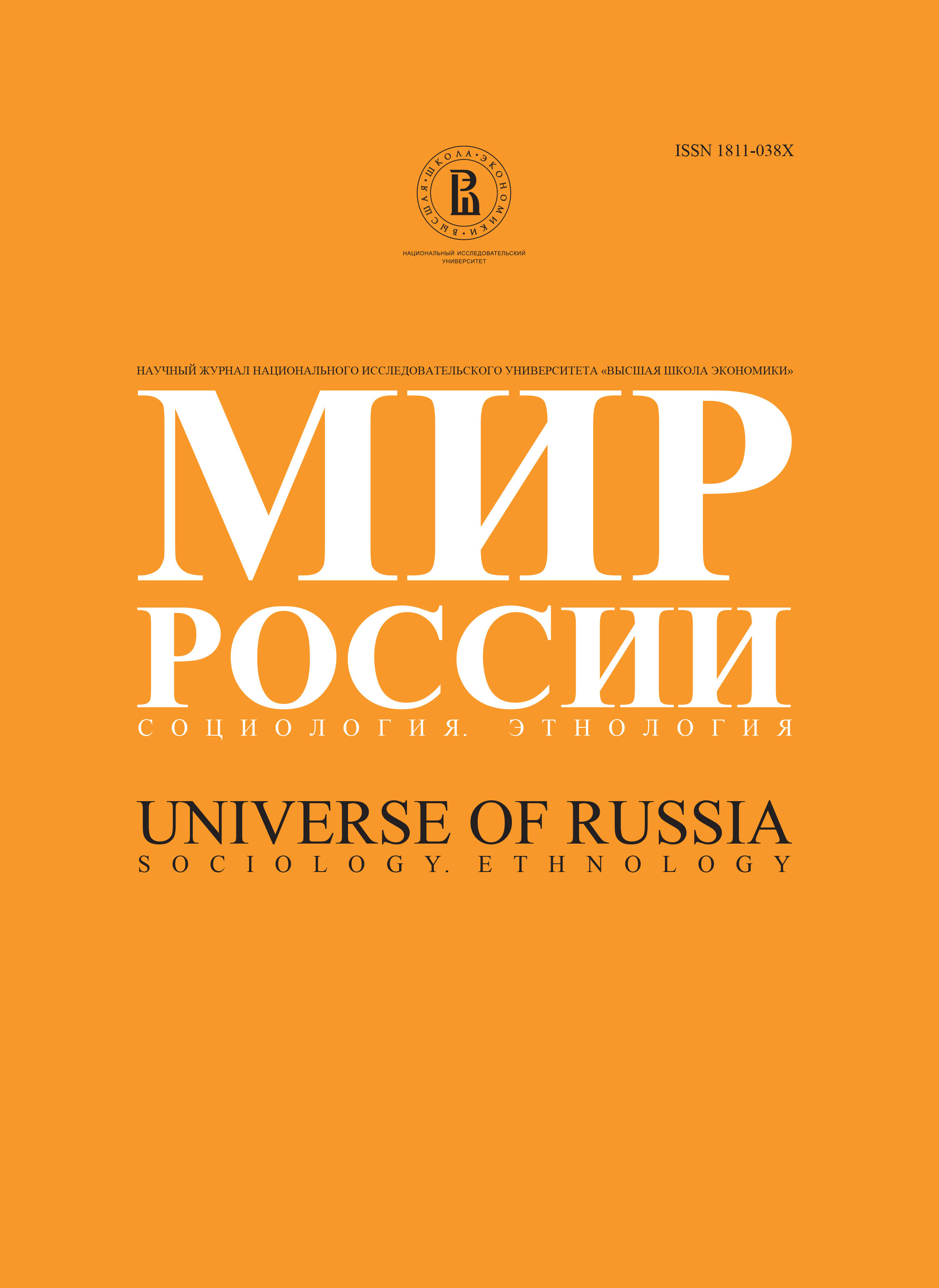Management of Corporate Enterprises and Economy of Knowledge
Abstract
The following three main groups of processes determine the state and dynamics of the world economy at the beginning of XXI century:
- processes of post-socialist transformation, search for and approbation of transition models on the way towards optimal correlation between market and administrative regulators of the economy;
- processes of globalization, connected with facilitation and expansion of inter-country overflows of material and finance resources, people and institutes and also with the strengthening of the influence of over-country management bodies (U.N.0., European Council, International Monetary Fund and so on);
- processes of cognitivization — expanding the scope and influence of «economy of knowledge», intensification of attention to knowledge as the main resource of economic growth and country competitiveness.
In these conditions, economic strategy of any object, regardless of the level it belongs to — macro-, meso- or microlevel — should be elaborated with regard for these processes, so that to use its positive aspects and to minimize negative consequences. The most important characteristics of the effect of these processes on the activity of Russian enterprises and corporations can be formulated as follows:
- Post-socialist transformation has considerably changed and continues to change both external and internal institutional environment of the enterprises' functioning. During the transformation the existing network connections between enterprises were deformed, and that led to the instability of external environment of enterprises. This circumstance in its turn makes enterprises vulnerable for competitors.
- Globalization, which weakens the influence of inter-country borders, expands the markets of resources, technologies, production and considerably increases the competition.
- Cognitivization considerably changes the traditional approaches to and usual scheme of the functioning of an enterprise, because such basic categories as the notion of the resources of an enterprise, its functions, production and reproduction cycle gain a new meaning. At the same time the significance of knowledge as a resource for both production and management processes increases.
The main idea of the article consists in the following: today for the majority of Russian enterprises transformation and globalization processes offer more threats and challenges than extra possibilities (transformation processes create the danger of forced takeover of enterprises by alternative proprietors and globalization processes increase the competition), while the processes of expanding the usage of knowledge as a resource and a product of the production contain considerable potential for the support of economic growth of Russian enterprises and economy as a whole and may weaken negative effects of two first processes.
On the whole the article deals with the problems of management of Russian enterprises in the context of expansion and intensification of "the economy of knowledge"; the author shows that the activation of these processes demands the revision of traditional structures and methods of corporate management; he also gives recommendations aimed at the promotion of the effectiveness of management of enterprises within the "economy of knowledge".






